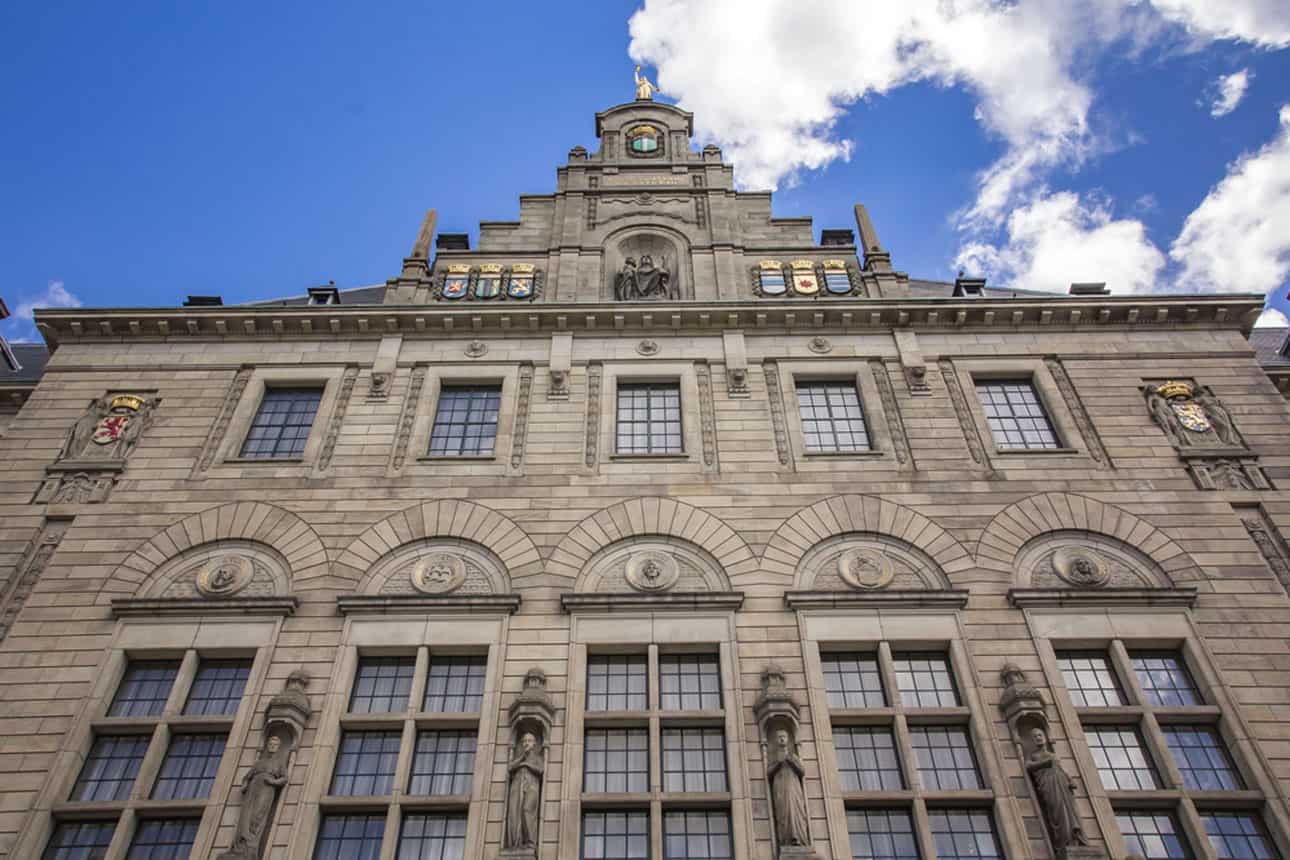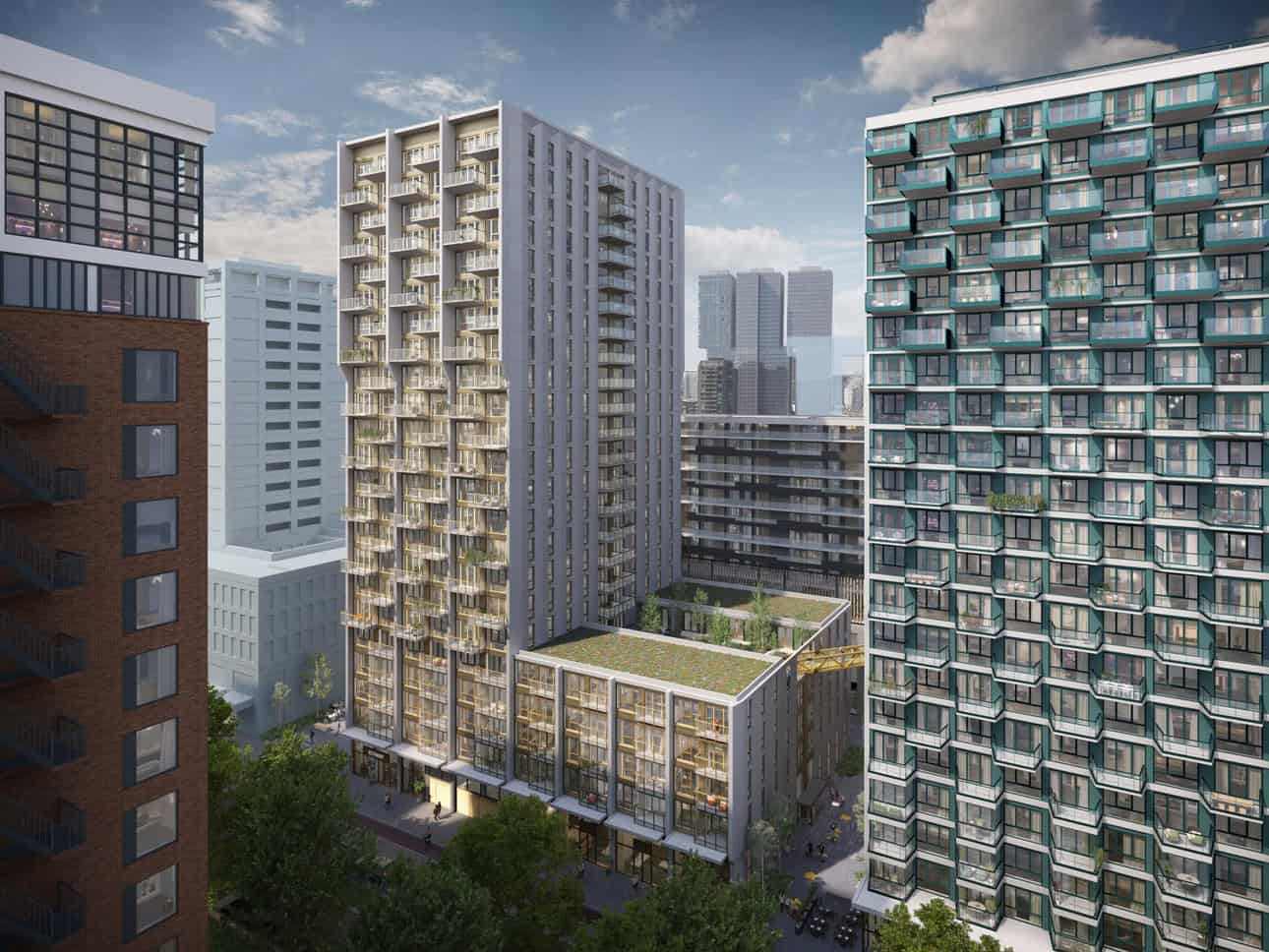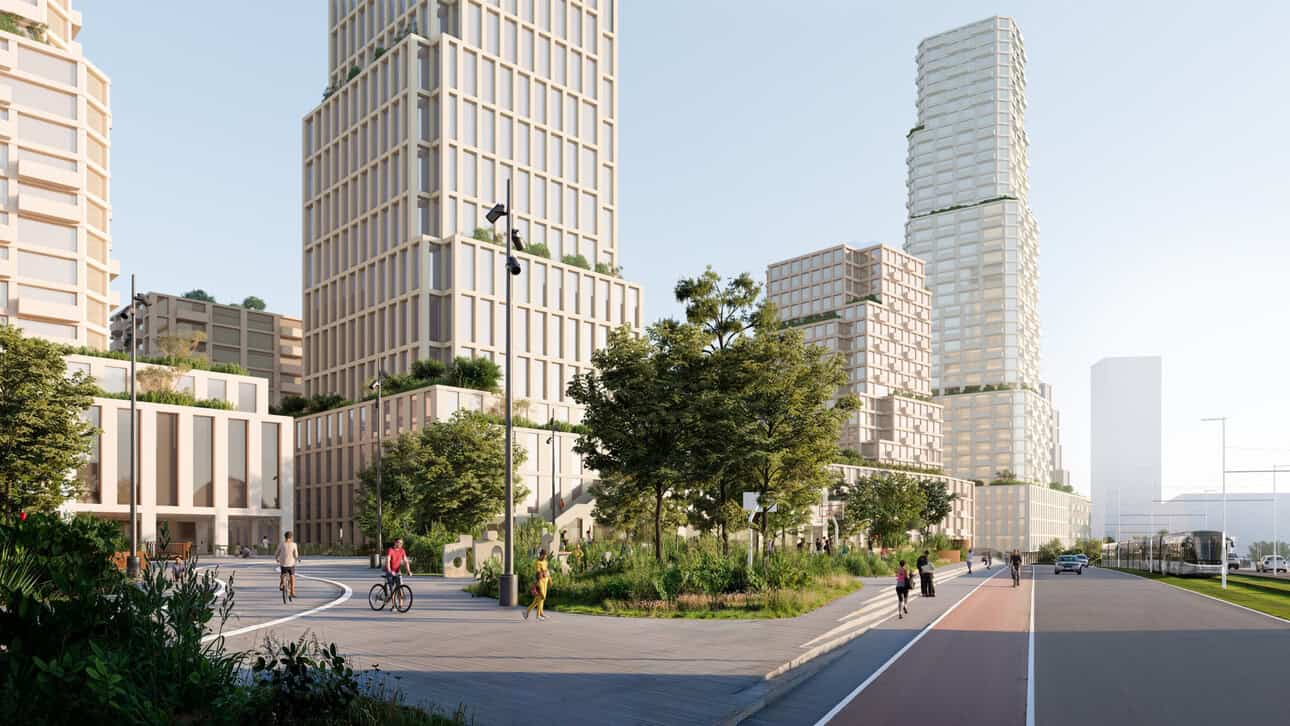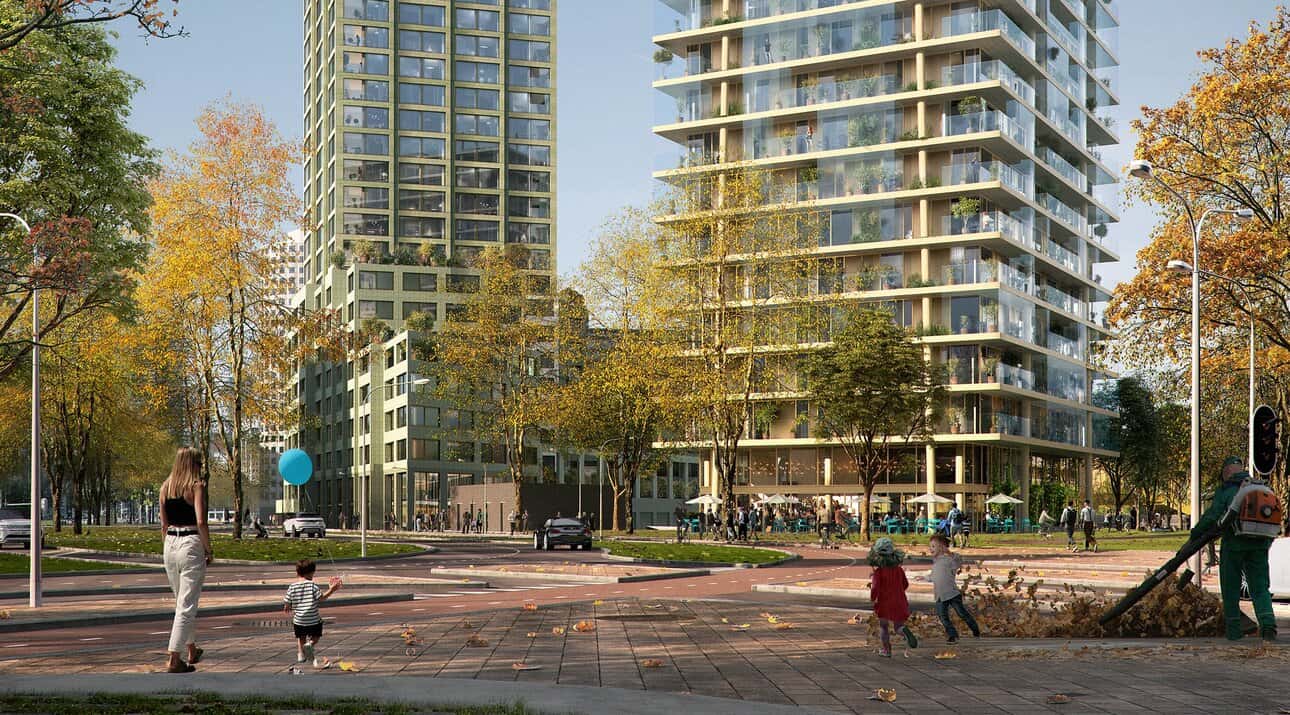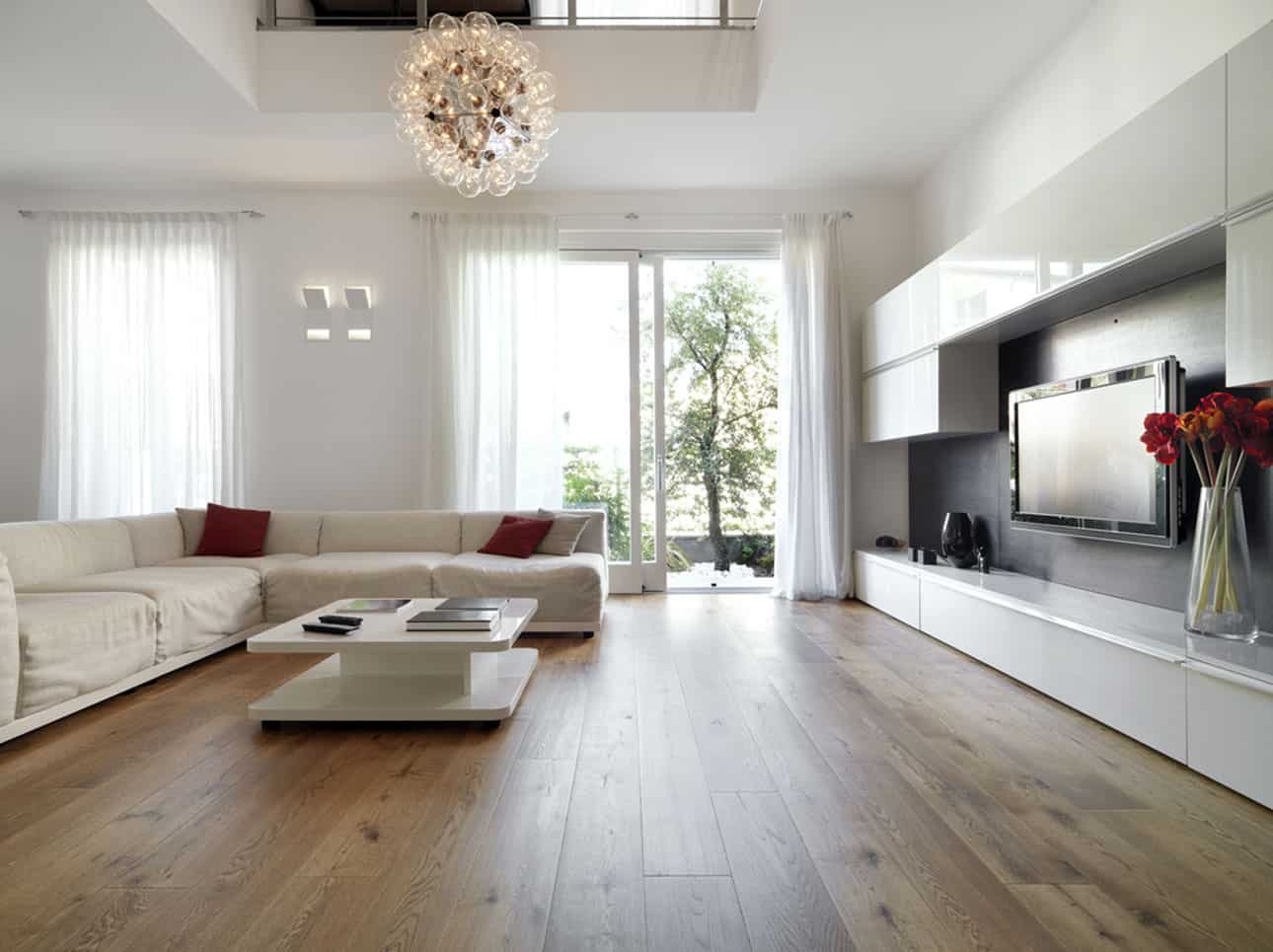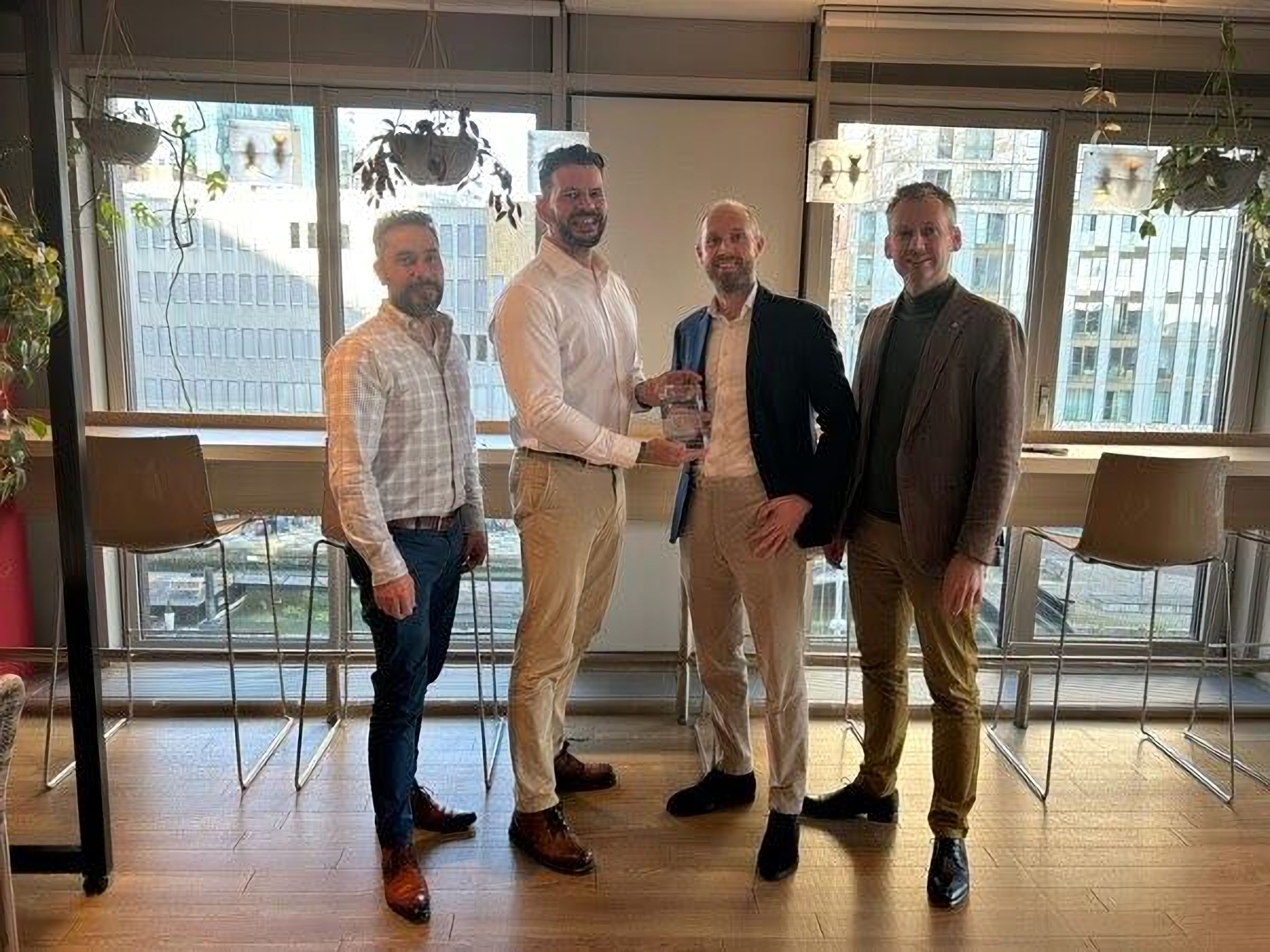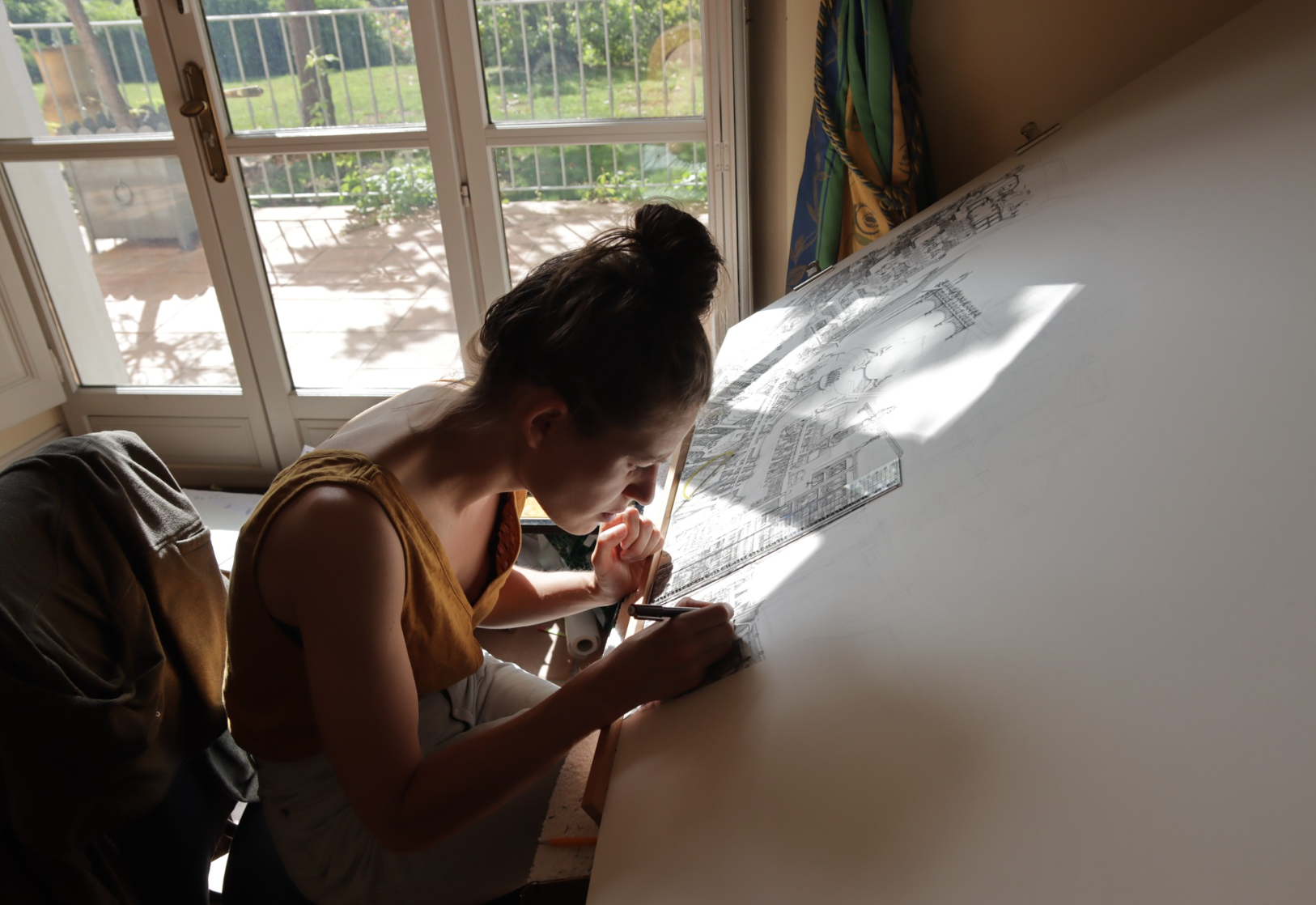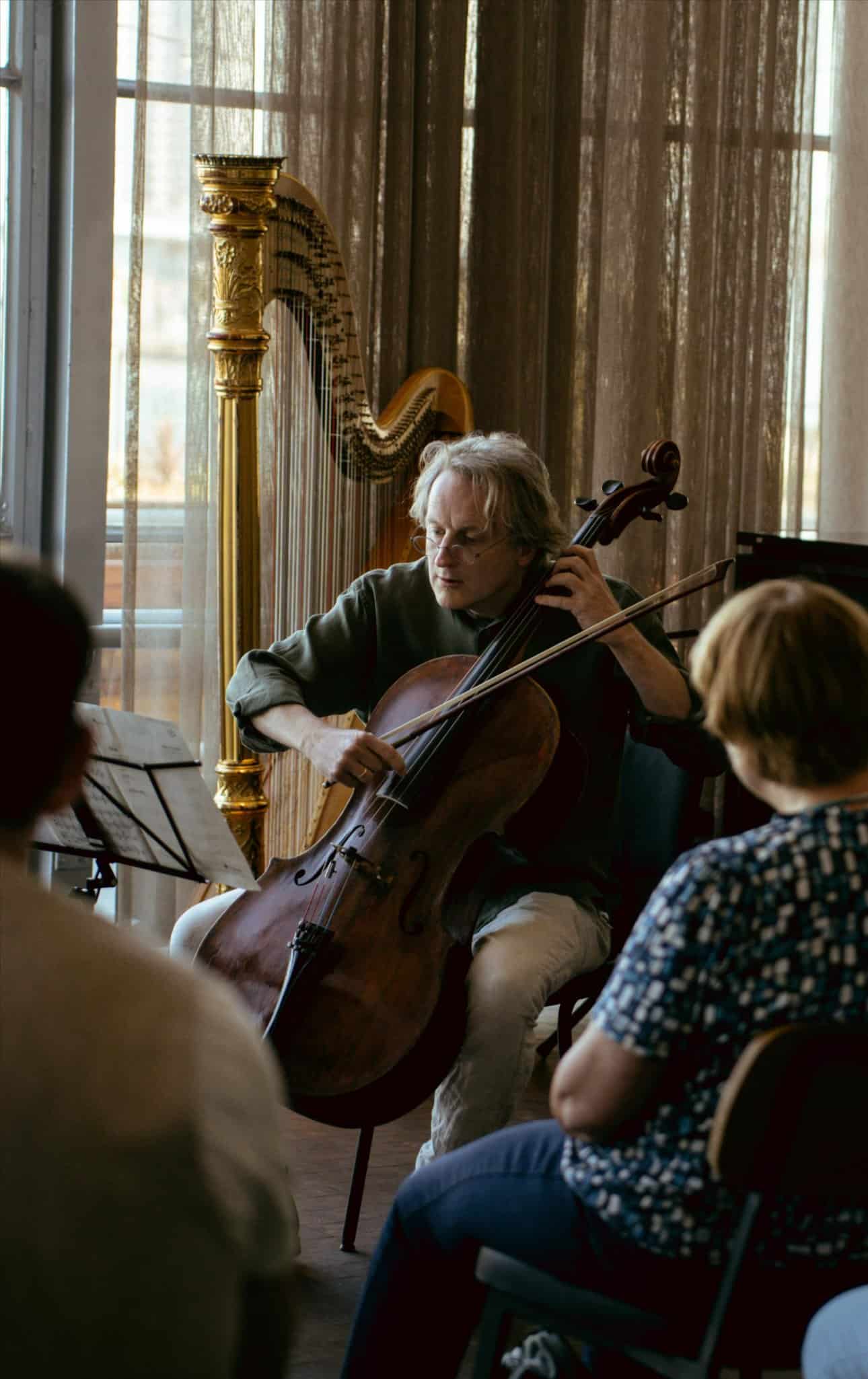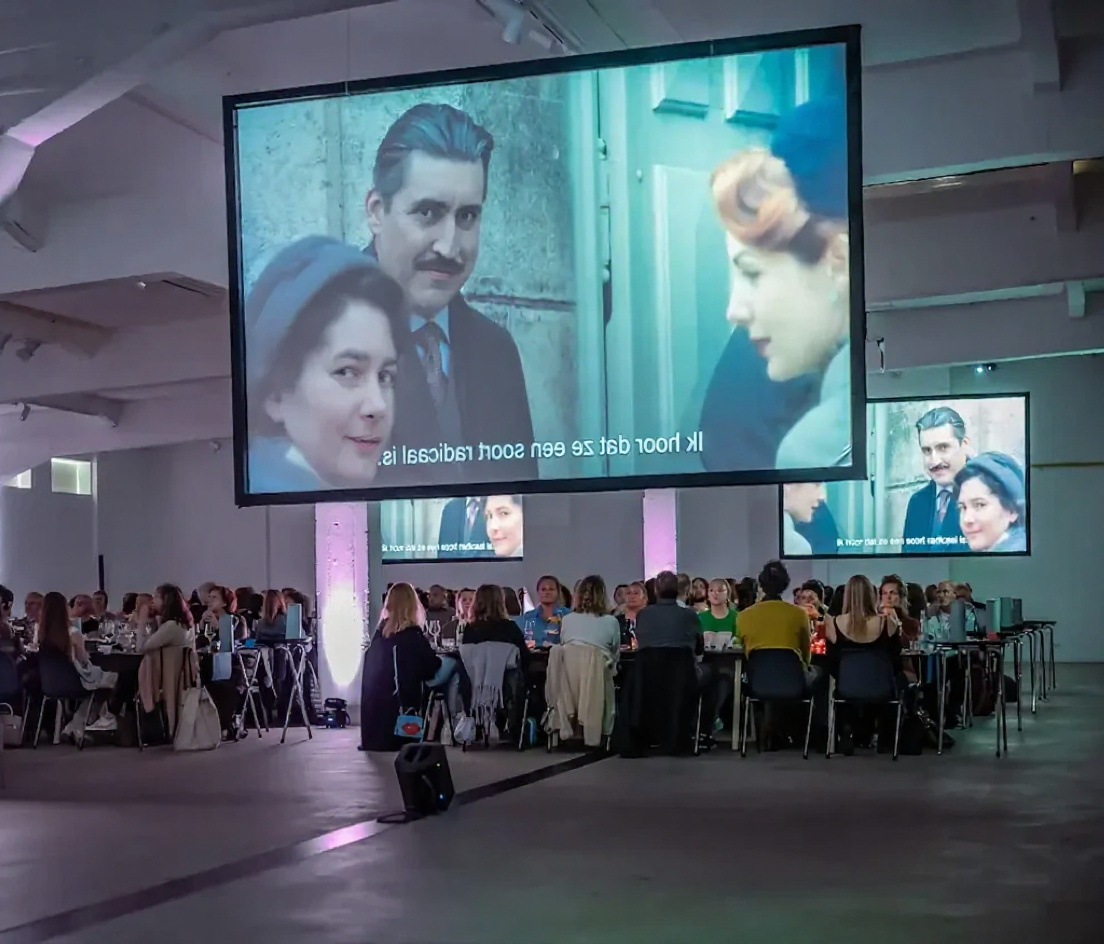ROTTERDAM, 28 May 2025 – A new joint initiative has been launched in Rotterdam to tackle complex housing issues in vulnerable neighbourhoods more effectively. Titled Rotterdams Goed Wonen (Rotterdam Good Living), the programme marks a shift towards a more integrated approach, focusing initially on five districts in Rotterdam South.
New housing strategy launched to tackle problems in vulnerable areas
The municipality of Rotterdam, in collaboration with housing associations, police, healthcare organisations and neighbourhood teams, has introduced Rotterdams Goed Wonen, aiming to address substandard housing conditions in a coordinated manner. Key target areas include Bloemhof, Carnisse, Hillesluis, Pendrecht-Zuidwijk and Tarwewijk.
The initiative responds to housing problems such as overcrowding, unregistered tenants, illegal room rentals and neglected buildings. Rather than addressing such issues in isolation, the new strategy treats them as interconnected challenges requiring a joint response. A team of approximately 40 specialists has been assembled to carry out inspections and interventions.
Integrated action guided by data
The approach is data-driven, allowing authorities to identify suspect properties using internal analyses alongside public reports. At least 1,250 cases will be addressed annually, supported by 12 joint action days in the selected neighbourhoods.
Inspectors, enforcement officers and partner organisations will carry out operations together. When necessary, fines will be issued and repeat offenders penalised, particularly in cases involving breaches of the Good Landlordship Act (Wet goed verhuurderschap) and the Affordable Rent Act (Wet betaalbare huur).
Cross-sector collaboration
Key to the programme’s execution is its multidisciplinary structure. Various municipal departments – including Urban Management, Urban Development and Public Safety – are working closely with external partners and law enforcement. Neighbourhood support teams also participate when social or psychological issues are present in affected households.
Cases are reviewed collectively at so-called ‘case tables’, where representatives from each sector contribute to joint decision-making.
Alderman for Climate, Construction and Housing, Chantal Zeegers, noted: “With Rotterdams Goed Wonen we are building on our existing efforts. By combining our strengths and using data smartly, we can act faster and prevent problems before they escalate.”
Part of a broader vision
The pilot phase is aligned with the National Programme Rotterdam South (Nationaal Programma Rotterdam Zuid), which seeks to improve prospects for residents through better education, employment and housing. The initiative is supported by €5 million in national Regio Deal funding and an additional €5 million from the municipality.
There is an ambition to eventually extend the approach to other parts of the city, creating a housing market that is fair, secure and sustainable for all residents.

